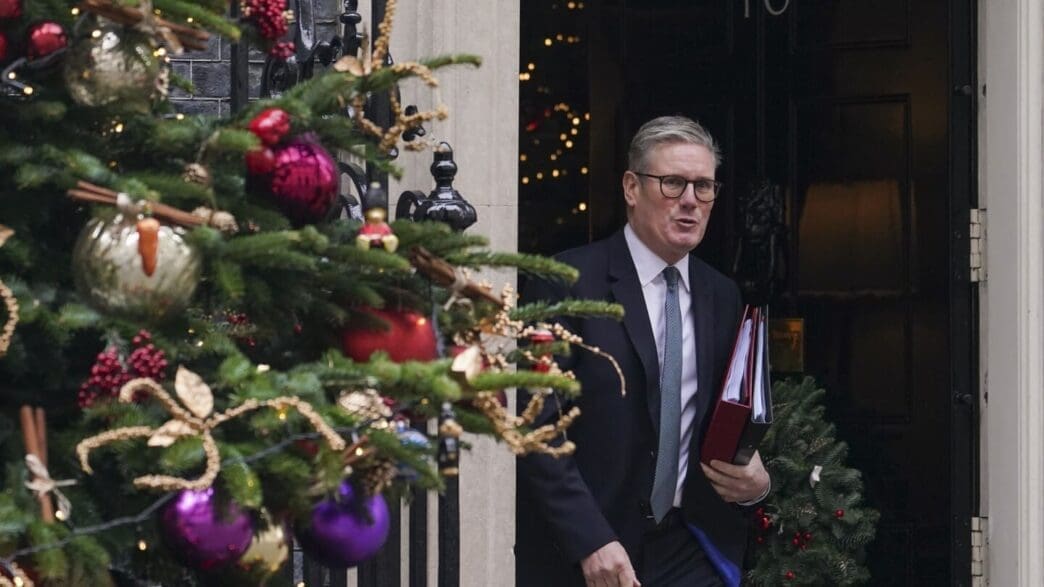As approval ratings drop and public discontent rises, UK Prime Minister Keir Starmer aims to reset perceptions with a significant address outlining the next steps for his administration.
Prime Minister Keir Starmer is striving to shift the narrative surrounding his five-month-old administration amid declining approval ratings, business concerns over tax increases, and protests led by farmers in central London. As opposition leader Kemi Badenoch describes it as an ’emergency reset,’ the Prime Minister’s team insists that the upcoming speech titled ‘Plan for Change’ is not a relaunch. Instead, they view it as the ‘next phase’ in their governing strategy, aiming to demonstrate tangible benefits for citizens.
The Labour Party, which ended a 14-year tenure of Conservative governance last July, was elected on a platform promising economic revitalization and improvement of public services such as the National Health Service. However, there has been criticism from supporters and skeptics alike regarding the perceived lack of effective outcomes. Starmer’s Thursday speech is expected to highlight specific goals across various areas, including economic growth, clean energy, reforms in childcare and education, enhancement of the NHS, and crime reduction initiatives, featuring a commitment to deploy 13,000 additional neighborhood police officers over the next five years.
The administration’s bid to counteract adverse headlines concerning its economic measures comes amid claims of poor fiscal management inherited from the previous government, evidenced by a reported £22 billion deficit. Despite channeling new funds into the healthcare system, the government’s initial budget, released in October, sparked discontent due to tax hikes for employers and the introduction of an inheritance tax on agricultural businesses—prompting large-scale protests last month from the farming community.
Compounding the challenges facing Starmer’s government, a recent resignation by Transport Secretary Louise Haigh over a past criminal record further strained the cabinet. Public confidence continues to waver, as indicated by negatively trending polls; however, the opposition has not seen a corresponding rise in popularity.
On the international front, Starmer is navigating diplomatic waters, seeking to enhance the UK’s relationship with European neighbors post-Brexit while balancing the future administration of President-elect Donald Trump, known for his EU antipathy. Starmer has emphasized a ‘both-and’ foreign policy approach, insisting on the importance of strong ties with both Europe and the United States.
Keir Starmer’s anticipated ‘Plan for Change’ speech marks a critical effort to reassure the British public and international partners of his government’s direction. By focusing on specific measures for improvement across key sectors, Starmer seeks to reestablish stability and confidence among citizens and stakeholders alike.
Source: Apnews








